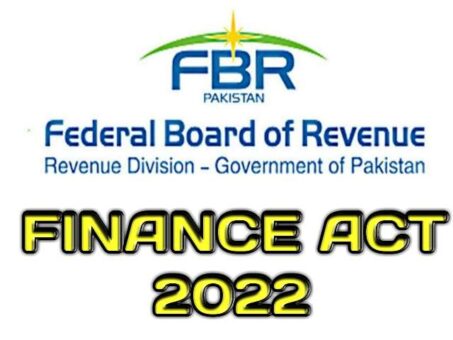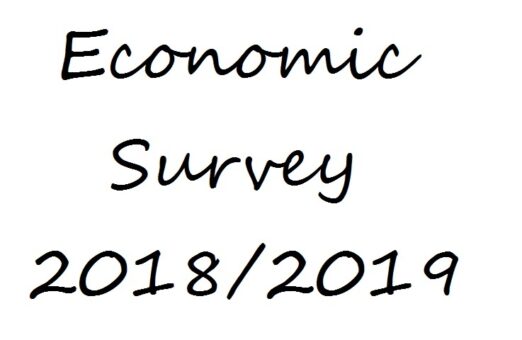ISLAMABAD: The economy has incurred duty and tax losses to the tune of Rs972.4 billion due to exemptions and concessions during the fiscal year 2018/2019, according to Economic Survey 2018/2019 launched on Monday.
The cost of tax exemptions included: income tax Rs141.6 billion, sales tax Rs597 billion; and Rs233.1 billion as customs duty.
Income Tax:
1. Tax credit for charitable donations u/s 61 Rs2.448 billion
2. Tax credits u/s 64A Rs1.191 billion
3. Tax credit u/s 64AB deductible allowance on education expenses Rs0.067 billion
4. Tax credit for employment generation by manufacturers u/s 64B Rs0.0096 billion
5. Tax credit for investment in balancing, modernization and replacement of plant & machinery u/s 65B Rs90.954 billion
6. Tax credit for enlistment u/s 65C Rs0.356 billion
7. Tax credit for newly established industrial undertakings u/s 65D Rs5.487 billion
8. Tax credit for industrial undertakings established before the first day of July, 2011 u/s 65E Rs6.458 billion
9. Tax credit u/s 100C Rs13.977 billion
10. Tax credit for investment in shares and insurance u/62 Rs2.055 billion
11. Tax loss due to exempt business income claimed by IPPs under clause (132) of Part I of the Second Schedule Rs18.034 billion
12. Tax loss due to exemption to export of IT services under clause (133) of Part I of Second Schedule Rs0.608 billion
Sales Tax:
SRO Loss of sales tax due to exemptions projected for FY2019, based On July-March figures:
SRO 1125(1)/2011, dated 31.12.2011 (leather, textile, carpets, surgical goods etc.) Rs86.7 billion
Import under 5th Schedule Rs0.59 billion
Local supply under 5th Schedule Rs53.5 billion
Imports under 6th Schedule. Rs53.7 billion
Local supply under 6th Schedule Rs247.3 billion
Imports under 8th Schedule Rs62.7 billion
Local supply under 8th Schedule Rs93.3 billion
Customs Duty
Concession of customs duty on goods imported from SAARC and ECO countries Rs348.8 million
Exemption from customs duty on import into Pakistan from China Rs2.5 million
Exemption from customs duty on import into Pakistan from Iran under Pak-Iran PTA: no loss
Exemption from customs duty on imports into Pakistan from under SAFTA Agreement Rs1,614.8 million
Exemption from customs duty on import into Pakistan from China Rs31,620.7 million
Exemption from customs duty on goods imported from Mauritius Rs6 million
Exemption from customs duty on import into Pakistan from Malaysia Rs3,162.7 million
Exemption from customs duty on import into Pakistan from Indonesia under Pak-Indonesia PTA. Rs3,950 million
Exemption from customs duty on imports from Sri Lanka Rs2,401.6 million
Conditional exemption of customs duty on import of raw materials and components etc. for manufacture of certain goods (Survey based) Rs4,755.1 million
Exemption of customs duty and sales tax to Exploration and Production (E&P) companies on import of machinery equipment & vehicles etc. Rs5,725.7 million
Exemption from customs duty for vendors of Automotive Sector Rs26,604.4 million
Exemption from customs duty for OEMs of Automotive Sector Rs38,818.8 million
Exemption from Customs Duty on Cotton Rs2,275.9 million
Exemption from Customs Duty for CPEC Rs1,009.2 million
Exemption from Customs Duty for Lahore Orange Line Metro Train Rs749.1 million
Chapter 99 Exemptions [Special Classification Provisions] Rs10,530.8 million
5th Schedule Exemptions/ concessions Rs99,558.0 million




